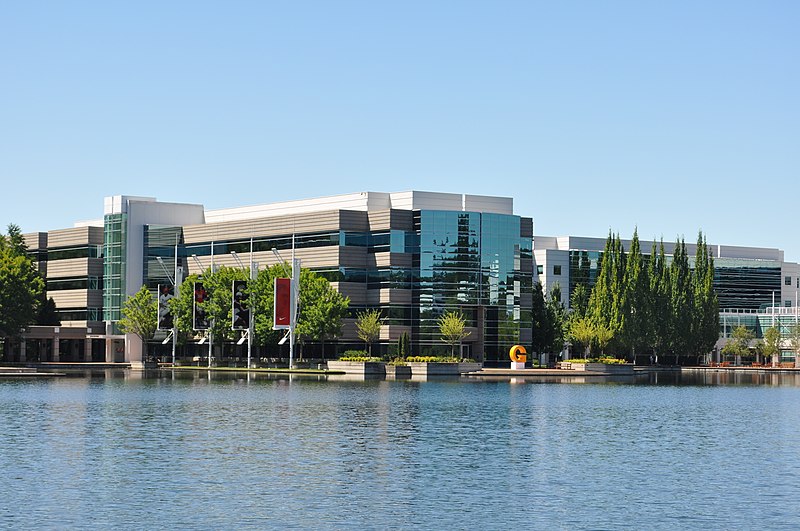
Nike has decided to permanently close its community store in Portland, Oregon, following a series of thefts and security challenges. The closure comes almost a year after
the store's initial "temporary" shutdown.
In a statement issued earlier this month, Nike cited "deteriorating public safety conditions and rapid escalation in retail theft" as the reasons behind the permanent closure. The sportswear giant had previously contacted Portland's Mayor Ted Wheeler in January, expressing concerns about the store's security and offering to pay off-duty police officers for additional security. Unfortunately, the city's already understaffed police department could not provide sufficient personnel to assist.
Despite a deadline of May 1, no resolution was reached, leading to the store's closure. Mayor Wheeler, who has faced criticism for failing to address rising crime rates in the city, expressed disappointment over the closure.
The Nike Unite Factory Store, which had been operating since 1984, was the company's first-ever factory store. It relocated to a larger space in 2000, and similar community stores were subsequently opened across the United States.
The closure of the Nike store adds to a series of challenges facing Portland, including the loss of multiple major retailers such as REI and both Walmart stores last year. The city has also grappled with an increase in crime, particularly in its downtown area, driven in part by the George Floyd protests against racial injustice.
Nike employees at the store reported being unable to physically intervene with shoplifters, which emboldened thieves to walk out with stolen merchandise. This issue was exacerbated by the persistent thefts that followed the protests.
Portland has faced significant challenges with crime and homelessness since the protests in 2020. The city was one of the first to experience the "defund the police" movement, resulting in a $15 million budget reduction for the police department. However, the subsequent crime surge has prompted calls to reinstate funding and address rising crime rates, homelessness, and other issues.
Recent data revealed that Portland lost $1 billion in income over a 12-month period between 2020 and 2021, attributed to the impact of crime, homelessness, and civil unrest following George Floyd's death. Fentanyl-related deaths have increased by over 200 percent since 2020, homelessness is up 50 percent since 2019, and homicides have set records in 2020 and 2022.
The challenges facing Portland have left many residents frustrated and concerned about public safety and the city's future. Photo by Carson, Brandon, Wikimedia commons.






































